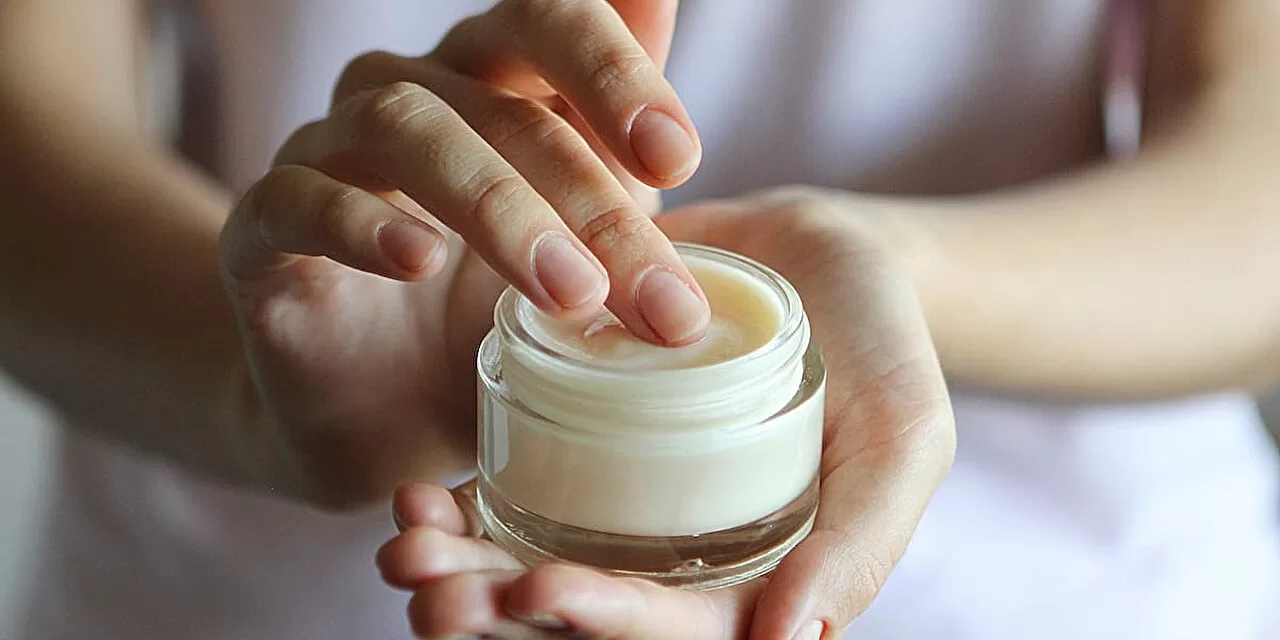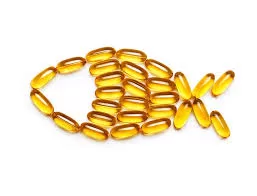A new study published in the Environmental Health Perspectives journal has raised concerns about the potential health risks of personal care products such as lotions, shampoos, conditioners, and sunscreens on children. The study links these products to increased levels of chemicals known to disrupt hormonal function, posing significant health risks for young users.
The research, conducted by a team from George Mason University in the United States, examined urine samples of children aged 4 to 8 years between 2017 and 2019. The findings revealed elevated levels of endocrine-disrupting chemicals, including mono-benzyl phthalate, monoethyl phthalate, and monobutyl phthalate. These chemicals, commonly known as phthalates, are widely used to enhance the texture and durability of personal care products but are now shown to cause hormonal imbalances in children.
Phthalates and Hormonal Disruptions
Phthalates, as highlighted by the study, are linked to several adverse health outcomes. In both children and adults, these chemicals can lead to increased waist circumference, insulin resistance, and complications in reproductive health. The effects are particularly concerning for children, whose hormonal systems are still developing.
Dr. Jyothi Raghuram, Senior Consultant in General Pediatrics and Pediatric Rheumatology at Aster Women & Children, Bengaluru, emphasized the urgency of the study’s findings. “This is alarming because phthalates are commonly used to improve product texture and durability, but their exposure has been linked to hormonal disruptions in children,” Dr. Raghuram explained. “At an age when the hormonal systems of the body are still developing, phthalates can negatively impact the growth rate, metabolic strength, and even reproductive health of the child.”
Health Risks Beyond Hormonal Imbalance
In addition to hormonal issues, phthalates and other chemicals such as parabens, often found in personal care products, can trigger skin and respiratory problems. Dr. Raghuram pointed out that while phthalates disrupt hormones, parabens and strong synthetic fragrances are a lesser-known cause of skin rashes and respiratory conditions like rhinitis and eczema.
“Parabens and synthetic fragrances can lead to breathing difficulties in susceptible children, exacerbating conditions such as asthma,” Dr. Raghuram added, urging parents to be cautious when choosing skincare and haircare products for their children.
Practical Advice for Parents
To reduce the risks associated with these chemicals, experts suggest a few precautionary measures. Dr. Raghuram recommends avoiding products that list phthalates, parabens, and synthetic fragrances as ingredients. “Choosing products that are specifically labeled ‘phthalate-free,’ ‘paraben-free,’ or ‘fragrance-free’ can significantly reduce exposure to these harmful chemicals.”
She also advocates for the use of mineral-based sunscreens and natural alternatives like lotions made from coconut oil or shea butter, which offer the same benefits without the associated risks.
Implications for Policymakers
The study’s authors urge policymakers to take these findings into consideration to help protect children from harmful chemical exposure. “These results may inform policymakers, clinicians, and parents to help limit children’s exposure to developmental toxicants,” the researchers concluded.
As awareness grows, the hope is that stricter regulations will emerge to protect vulnerable populations, especially children, from exposure to potentially harmful ingredients in everyday products.
For parents, the takeaway is clear: mindful product choices today can lead to healthier outcomes for their children tomorrow.












